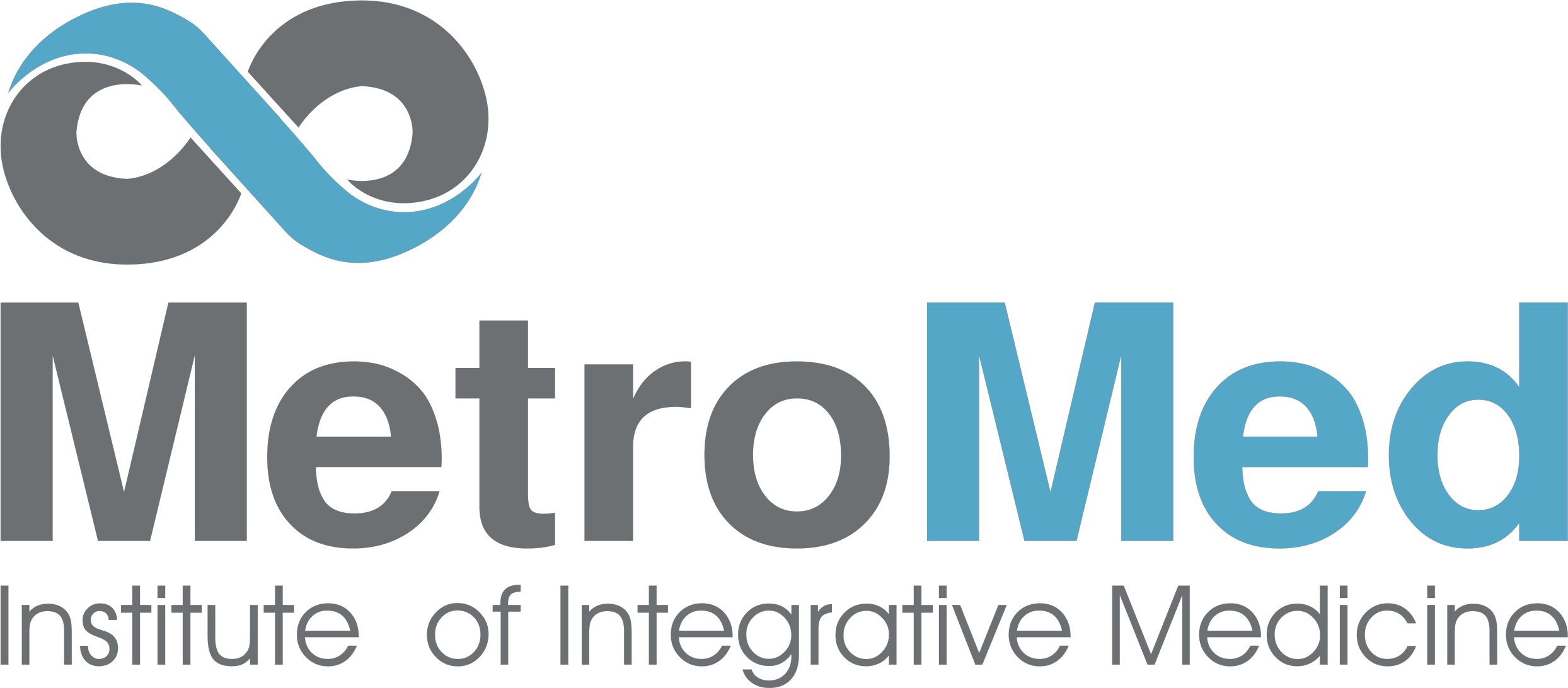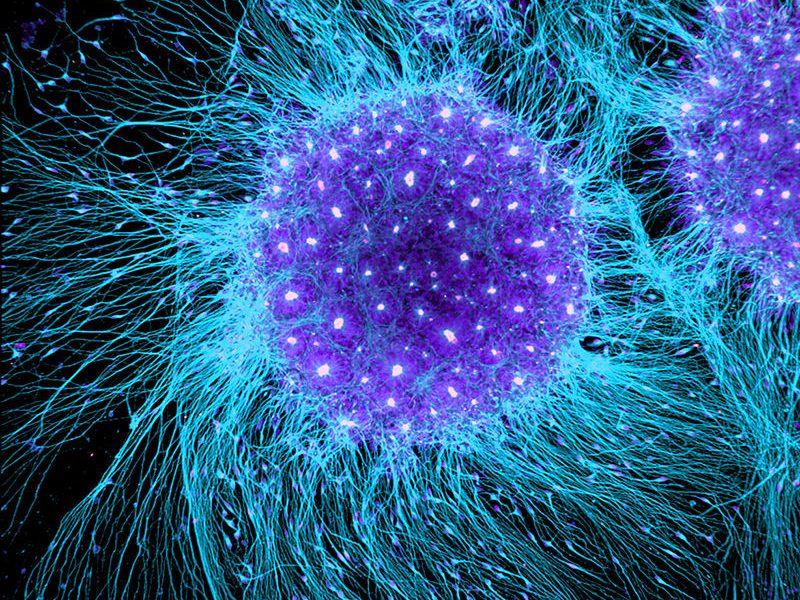Osteoarthritis (OA) is a progressive, debilitating disorder that affects a large number of the elderly and middle-aged population. In 2012, approximately 8 million people in the United Kingdom and 27 million in the United States were affected by OA.
Although current treatment strategies may decrease symptoms and improve function, they do not affect the continued breakdown of cartilage due to a myriad of factors and often times are temporary interventions on the road to eventual joint replacement or other surgical therapy.
It is well known that mesenchymal stem cells (MSCs) have the potential to proliferate and differentiate into cartilage and bone. In addition, MSCs are well recognized for their immunomodulatory and anti-inflammatory capabilities. Several studies have been performed in recent history examining the efficacy of MSCs in joints of animal models with OA with beneficial long term results. In human studies, the large majority of patients treated for mild-moderate osteoarthritis of hip and ankle pathology exhibited therapeutic benefit which included increased walking distance without pain, decreased subjective pain scores, and improved cartilage distribution in previously damaged areas confirmed by MRI.
At MetroMD, we are pleased to offer stem cell therapy for a wide variety of joint injuries, including hip and ankle, performed under fluoroscopic guidance, to assist in the natural regenerative capacity of the body to prevent more invasive intervention that may often be further debilitating and requiring a tenuous recovery course.
Injections are performed in office by our highly trained physician team utilizing the highest quality of banked chord blood stem cells derived from verified donors. Side effects are minimal beyond local irritation of the infection site.
The post-injection therapy course requires a period of minimal weight bearing on the joint ranging from 6-8 weeks followed by a graded return to daily activities. Follow up visits are then spaced every 8-12 weeks for approximately 12 months to gauge efficacy of therapy and to assess if adjunct treatment may be necessary.
Please contact MetroMD if this therapeutic course is of interest you and you wish to have a consult with one of the members of our physician team!



